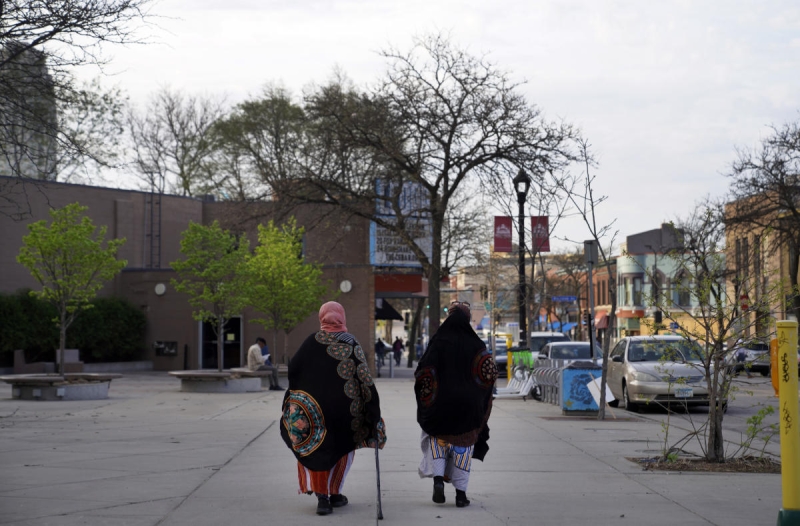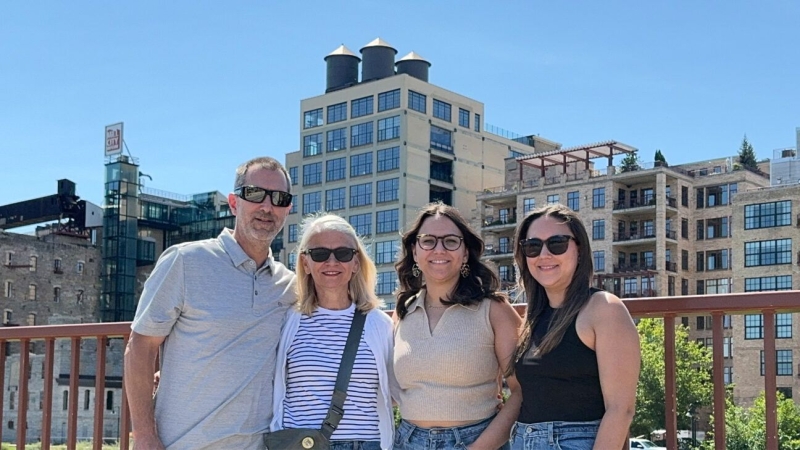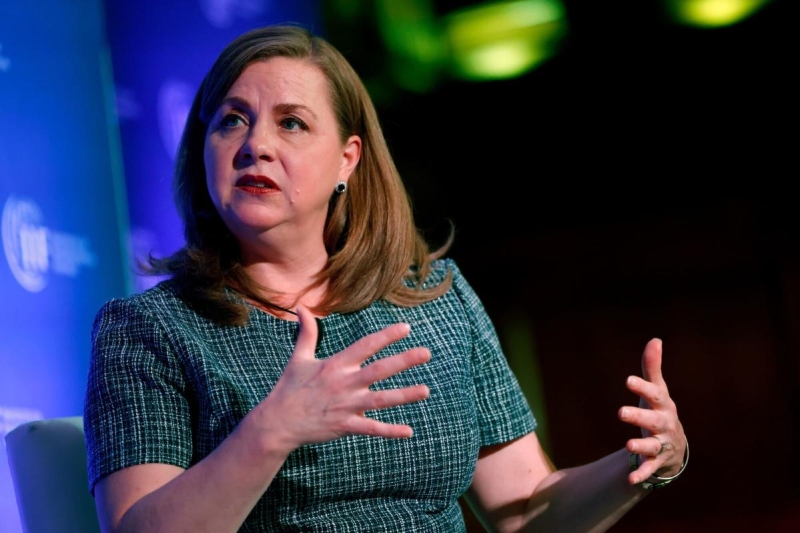
For years, Fartun Weli has been frustrated with the way low-income Somali Muslims in Minnesota have been targeted by shady home sellers edging their way into the community — by exploiting a principle of Islam meant to protect the poor.
Weli says many are refugee immigrants who know little about the formal homebuying process and often have little or bad credit. Even when they qualify for traditional mortgages, they’re uncomfortable with the typical financing options because Islamic law forbids interest on loans.
In comes a private seller who offers them seemingly low-priced homes without interest. In such sales, the two sides agree on a price outright, with a sizeable down payment and monthly installments. The seller claims there’s no interest payment because no banks are involved. But no banks also mean no appraisals, allowing the seller to inflate prices with no questions asked on the condition of the home.
Typically, the seller legally owns the home until the entire loan is paid off and all the seller’s conditions are met, while the buyer takes on ownership responsibilities like paying the property taxes, fixing it up to livable standards and all ongoing maintenance.
“This is a community that has been scammed,” said Weli, who leads Isuroon, a community nonprofit that supports Somali refugee immigrant women and their families resettling in Minnesota. “There are so many of them that just folded quietly. Most of our families are not even talking about it.”
The Consumer Financial Protection Bureau is now pledging to scrutinize bad deals in this format, known as contracts for deed. It is also urging people to report such deceptive and predatory loans.
Contracts for deed are a form of alternative or seller financing in which a private seller or investor group comes to a loan agreement with a buyer without many of the typical banking and mortgage regulations and protections. But the federal watchdog agency declared earlier this month that they must now play by the rules – effectively putting private sellers on notice that they too are subject to the Truth in Lending Act as banks, lenders and brokers are.
At a field hearing in St. Paul, Minnesota on August 13, CFPB Director Rohit Chopra highlighted how predatory lending has especially affected the Somali Muslim community in Minnesota, where many have resettled from the Somali Civil War in recent decades, describing how families’ housing situations could be derailed by hidden balloon payments and uninhabitable properties.
Chopra said it’s become a trap and churn system, where the buyers are set up to fail and the sellers can re-sell the home on their terms to another family.
“We actually need to make sure that when people are struggling financially, they can sometimes know who to go for help, when to report and what we can do to make them feel comfortable and safe when it comes to speaking up," Chopra said.
The Pew Charitable Trusts reports about 1.4 million Americans were using contracts for deed to buy a home in 2022. Tara Roche, who leads Pew’s housing policy initiative, said part of the problem of trying to regulate them is that some states view them as falling under contract law rather than housing law, and some lawmakers see such home sales as merely private contracts between two people with no need for government oversight.
“The reality is that the seller has all the power on the requirements and the terms of the contract,” Roche said. “It’s not balanced through legal framework.”
The National Association of Realtors said while they appreciate the crackdown on predatory lending, they want to ensure that buyers who had traditionally used contracts for deed — also known as land contracts — won’t be affected.
“For a small niche of homebuyers, particularly in rural and farming communities, land contracts have worked. The CFPB should ensure that safe, alternative products are available for this community if land contracts become more limited,” according to a statement by the real estate trade group.
Others have urged for more regulation by state lawmakers to help vulnerable low-income and immigrant communities.
“We’ve long known that communities of color and immigrants were being targeted, but the additional targeting based on religious beliefs is especially troubling,” said Sarah Bolling Mancini, co-director of advocacy at the National Consumer Law Center, which calls for policy reforms including requiring such sales to be recorded in deed records. “The most important thing is we not allow these contracts to be in a gray area with none of the protections of a buyer or a renter.”
In the case of Somali Muslims in Minnesota, the contracts for deed hold appeal because mainstream Islamic law views the concept of paying or receiving money as interest on a loan as a greedy sin, said Yasir Qadhi, an Islamic scholar and chair of the Fiqh Council of North America.
“We believe interest is an unfair tool, that people who have wealth can leverage their wealth as a means of becoming more wealthy by taking advantage of the poor,” Qadhi said. “In our faith, giving someone a loan is an act of charity, it’s not a business.”
Weli said she hopes the latest move by the CFPB will result in more awareness within the Somali refugee community and also lead to more resources for immigrants to achieve financial literacy to help them be less vulnerable.
“There’s something about being an immigrant and being a refugee. You plan things so well and you strive,” Weli said. “This homeownership thing, it’s the ultimate destination. It’s part of feeling completely safe.”





